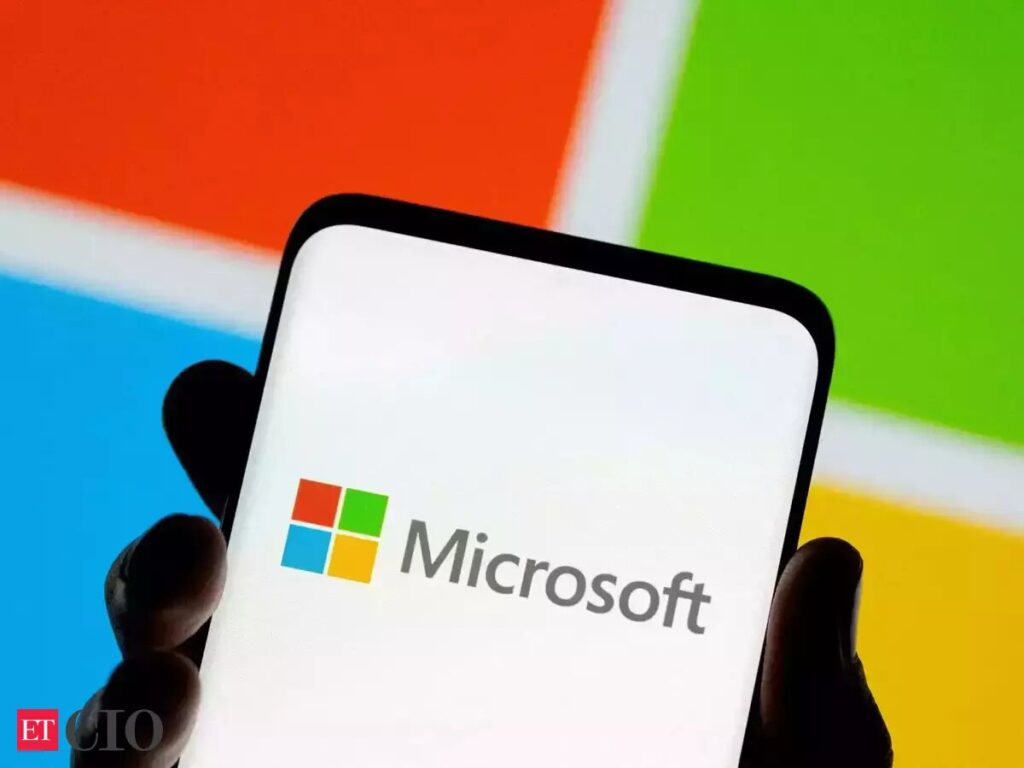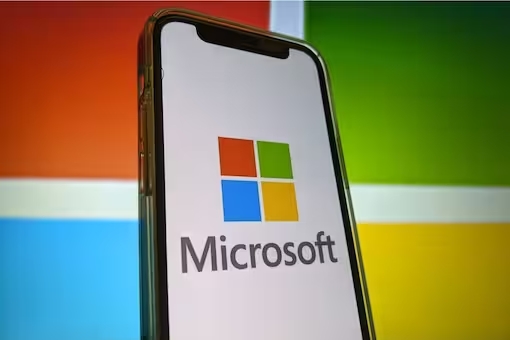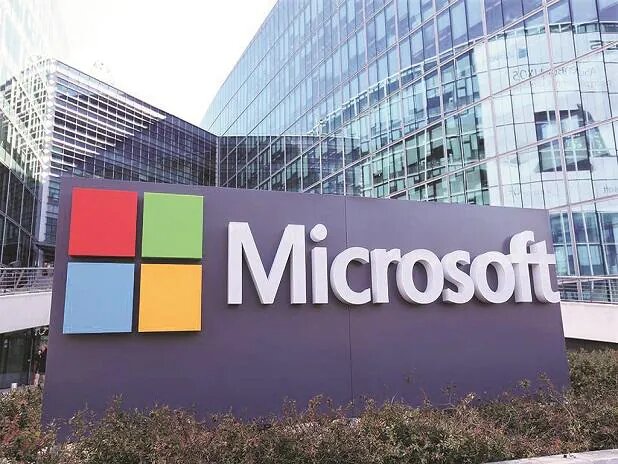Microsoft Considers $10 Billion Investment in ChatGPT Creator
As per a report from Semafor, Microsoft intends to invest 10 billion USD in OpenAI, the venture behind the prevalent artificial intelligence tool ChatGPT.
According to Semafor, who cited individuals with knowledge of the matter, the contract is the portion of a funding round with some other investors which would appreciate OpenAI at a hefty $29 billion.

Although it is unclear if the deal has been set in stone, term sheets sent out to potential investors demonstrated that the proposal seemed to be to seal the deal by the finish of 2022, according to Semafor.
Microsoft will supposedly receive 75 percent of OpenAI profits until it recoups its investment, at which point the firm will own 49 percent of OpenAI.
When CNBC got in touch with Microsoft and OpenAI, neither company responded immediately.
ChatGPT has become the talk of the tech sector for several weeks. The software is a natural-language processing model, which means it is designed to produce content that looks like it was written by a human.
The AI model, which is a modified version of the GPT-3 group of large language models, was utilized for including everything from code development to university essay writing.
A hope on ChatGPT could aid Microsoft’s attempts in web search, which is ruled by Google. Although the firm’s Bing browser has a comparatively tiny share of the worldwide search engine market, it is hoped that the deal will assist the business chip away at Google’s supremacy by providing more innovative search capabilities.
Morgan Stanley issued a report in December analyzing whether ChatGPT could pose a threat to Google. Language models, according to Brian Nowak who is the bank’s lead Alphabet analyst, might capture market share and destabilize Google’s stance as the entrance for individuals who use the Internet.
OpenAI, founded in 2015 by Sam Altman who is a Silicon Valley entrepreneur, made its ChatGPT available to the general public in late November. Despite its prospects, the project is losing money because of the massive amount of stress on its servers as a result of its virality. Altman announced that ChatGPT had reached 1 million users five days after it was released by OpenAI.

I am a student pursuing my bachelor’s in information technology. I have a interest in writing so, I am working a freelance content writer because I enjoy writing. I also write poetries. I believe in the quote by anne frank “paper has more patience than person





